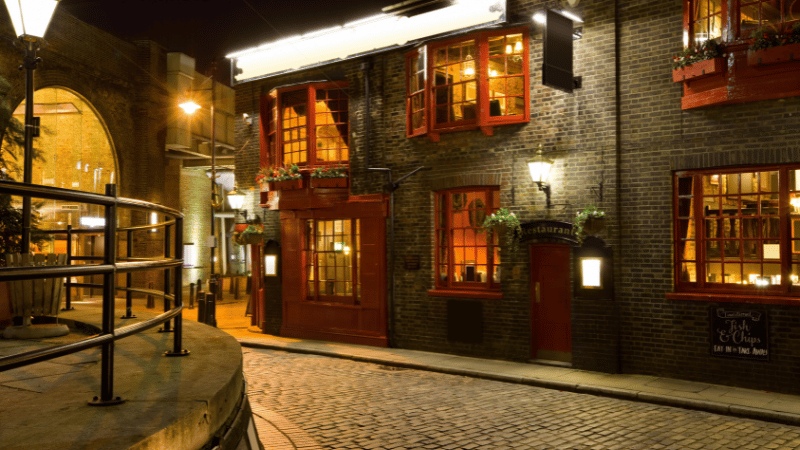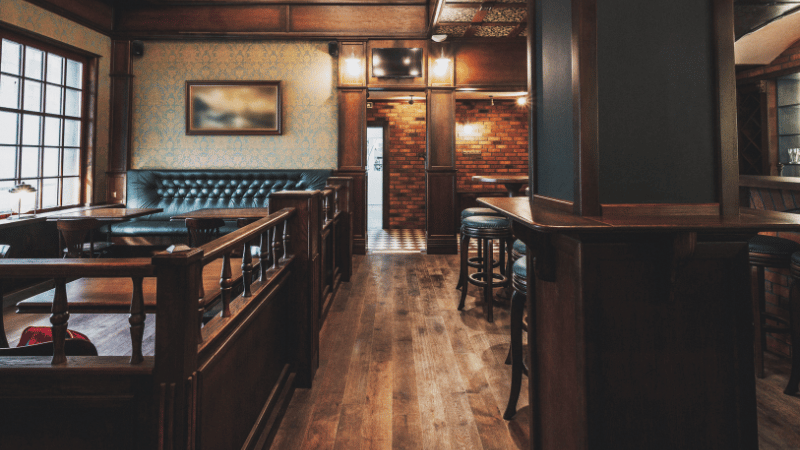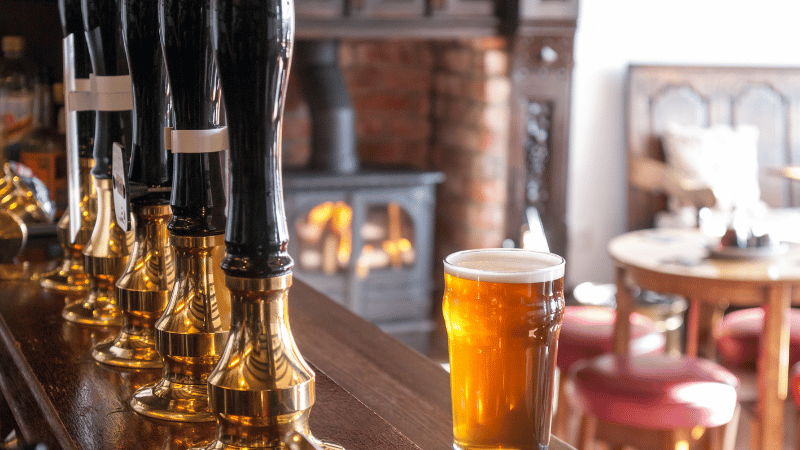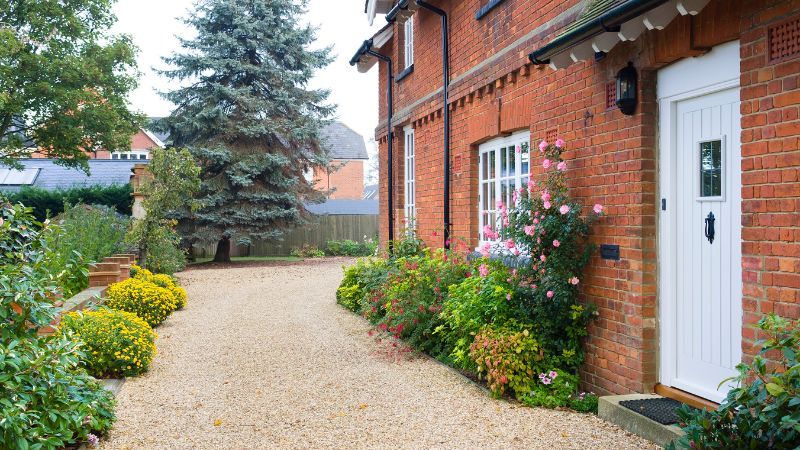Categories
Pub Finance | 10 Loan Types Compared
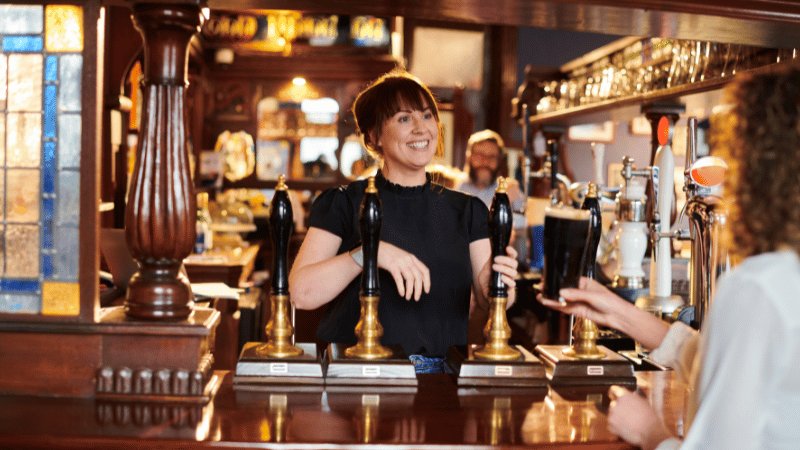
Running a pub is an extremely rewarding business.
Many pub landlords enjoy living above the main bar area, combining work and home to create a unique lifestyle of social engagement and profit.
At Clifton Private Finance we have specialists experienced in the finer nuances of pub ownership and we’re here to help you have a stress-free and successful time as a pub entrepreneur.
And to check your eligibility for funding, see below:
Contents
- Buying a Pub
- Financing the Initial Stages- 5 Methods
- Ongoing Operating Costs
- Managing Seasonal Cash Flow
- 5 Cash Flow Finance Options for Pubs
- Apply Now
Buying a Pub
If you’re looking to purchase a pub, you’ll need to consider a mixed-use commercial mortgage.
A combination of both standard residential and commercial mortgages, a mixed-use mortgage lets you buy a building that’s both a home and a place of work - like a pub, for instance!
For in-depth advice and understanding of the steps to buy a pub, read our article on mortgages for pubs.
Financing the Initial Stages - 5 Methods
You have the building, but depending on the state of your pub, it may need significant refurbishment as well as the installation of equipment.
There are a few options to raise the capital for these initial stages:

The mortgage - In some cases, you may have set the mortgage to include renovations. If this is the case, then some funding already exists to get the building up to scratch - use it wisely!

Startup funding - Beginning as a pub landlord is the same as starting up any other business, and thankfully that means access to the huge range of startup loans and grants that are dedicated to this purpose.

Asset finance - When it comes to getting new equipment and furniture for your pub, the costs can seem astronomical.
Thankfully, asset finance exists to help you kit out your business with multiple options that will spread the cost of purchases with an easy-to-manage structure. For more information about asset finance for pubs, speak to one of our advisors.

External investment - Angel investors and private investors may be able to help with additional capital to transform your pub in those early stages, but be aware that any investment money is dilutive, meaning you must sell shares of ownership in your business to get the funding. For many pub landlords, keeping control means debt finance is often a superior option.

Unsecured loans - A traditional bank loan is often the most suitable means of financing the pub in its first few months. At Clifton Private Finance we can offer advice that encompasses the entire marketplace of UK lenders, helping you find the unsecured business loan that’s best suited to your business.
Ongoing Operating Costs
With the pub open and operating, you’re into the larger picture of ongoing business finance.
Running a pub can bring in significant revenue, but there are also plenty of outgoings that must be considered. Managing cash flow is key to success - consider the following costs:
- Mortgage or rent - If you’ve bought the pub then the mortgage must be paid for, and if you’re leasing then there’s the rent to cover. This is usually the primary outgoing for any pub business as without it there’s no pub!
- Utilities and rates - Electricity, gas, and water are all considerable expenses for any hospitality business and must be properly factored. Business rates must be covered, and smaller utilities such as the internet should not be forgotten.
- Staff wages - A pub cannot run without staff. Payroll for bar staff, chefs, cleaners, and management will all put a strain on cash flow. Additional costs such as employers national insurance contributions (NIC) and pensions mean the cost of employing staff is greater than simply their salaries. Read our article on the costs of employing staff to learn more.
- Inventory - Stock for pubs is in constant demand, as alcohol, soft drinks, food, and other consumables are in a state of ongoing flow. Managing this stock to minimise wastage is key to profitability.
- Insurance - Insurance for being an employer, running a public venue, and having a building are all essential and form part of your operating costs.
- Maintenance and repairs - Your pub and the equipment within will need regular attention and maintenance. Don’t forget things like regular roof inspections, health and safety checks, energy efficiency, and ongoing furniture wear and tear.
- Marketing and promotion - A successful pub is one that entices customers into it and doesn’t rely too heavily on the status quo. You will need to budget for ongoing promotion to keep your business growing.
- Debt repayments - Utilising debt funding to grow your business is part of a comprehensive business finance landscape but it will only be successful if well-managed. Make sure the cash flow exists to meet any liabilities.
- Taxes - Liabilities to HMRC such as corporation tax or VAT must be met in a timely fashion.
Managing Seasonal Cash Flow
One other important financial consideration to running your pub is that of seasonal cash flow.
Depending on where you are located, your pub will doubtless succumb to periods of high-activity and other times where custom is low and finances suffer a slump. Understanding seasonal cash flow is vital in managing it well.
Research and monitor your customers month-on-month and keep an eye on trends that can mean a shortfall is imminent.
We'll talk about the best financing options for all these costs next.
5 Cash Flow Finance Options for Pubs
Cash flow finance provides a range of purpose-built options for helping businesses manage their cashflow.
Designed as short-term solutions to ensure the smooth running of the business when suffering a dry spell, cash flow finance is a perfect solution to many pub ownership problems.
Here are the 5 most popular options:

Lines of Credit
- Flexible
- Fast application
- Available for businesses with poor credit scores
One of the first options for cash flow finance are readily available revolving credit facilities, or lines of credit. These are pre-arranged loan facilities that you can ‘dip in’ and out of as you need, paying interest only on the amount of credit used.
Common examples of revolving credit facilities include bank overdrafts and company credit cards.
Both these systems represent a line of credit that is extended to the company, perhaps with a nominal fee, to help with cash flow whenever needed.
For their flexibility, lines of credit typically have higher interest rates than a comparable loan, which means they need to be well-managed to avoid spiralling out of control.
Over-reliance on a line of credit can be costly to the business - seek advice and refinancing options if you are finding yourself in this position. Read more in our dedicated article on revolving credit facilities.

Merchant Cash Advance
- Perfect for pub-style income
- Available as flexible revolving credit
- Low-stress repayment
Merchant cash advance (MCA) is a cash flow finance solution offered to those businesses that have substantial income from card transactions - making it perfect for pub owners. MCA works by providing instant capital leveraged against a percentage of future card payments. Money is made available immediately, and repaid during the busier periods where cash flow is less problematic.
Merchant cash advance is a form of revenue based financing, where repayments are calculated as a percentage of income rather than a set amount. This flexibility means that it puts less strain on the the business in difficult times and never leaves you worrying about how to afford a loan repayment in a dry month.
With flexible options, merchant cash advance can be set up as a revolving credit facility rather than a one-off capital sum. This form of MCA is extremely adaptable proving near-unparalleled cash flow support for hospitality businesses.
Read our article to learn more about merchant cash advance.

Invoice Finance
- Removes long invoicing terms
- Great for pubs that host events
- Multiple options to suit
Invoice finance allows businesses to access capital leveraged against accounts receivable - the money that is owed by customers.
One example is where a pub regularly leases out a room to an organisation for their use, or serves as a wedding venue.
In these instances, an invoice will be issued to cover the costs of the room rental as well as any catering or bar services. Invoice financing provides a way to clear those tied-up funds early, excellent if delays happen that are outside of the business’s control.
Read our article to learn more about invoice finance.
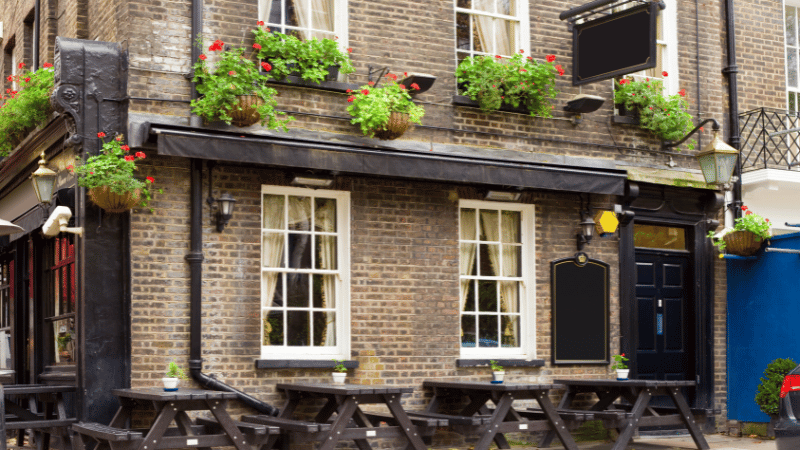

Tax Loans
- Ensures liabilities are paid
- Spread cost of tax bills over months
- Easy application
One problem that can often arise is that of larger-than-expected tax bills. Dedicated tax loan cash flow finance solutions provide a way for businesses to spread the cost of a tax bill over six or twelve months.
While long-term planning can mitigate the need for tax loans, they exist as a backup to ensure that your business doesn’t get caught short in its obligations to HMRC.
See VAT loans and corporation tax loans.

Business Bridging Loans
- Access to large sums at short notice
- Seize opportunities
- Drives growth
Larger loans to take advantage of unexpected opportunities, business bridging loans provide you with rapid access to sizeable funds that provide the flexibility you need to react to any situation.
Speak to one of our experts about bridging loans to help grow your business or read more about them in our article here: business bridging loans.
Apply Now
Our specialist hospitality experts at Clifton Private Finance are well-versed in the finer nuances of pub finance and the specific needs of those in the industry.
Contact us today to speak to an advisor and unlock the potential of dedicated funding to improve your business.
